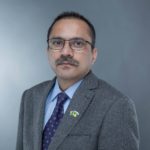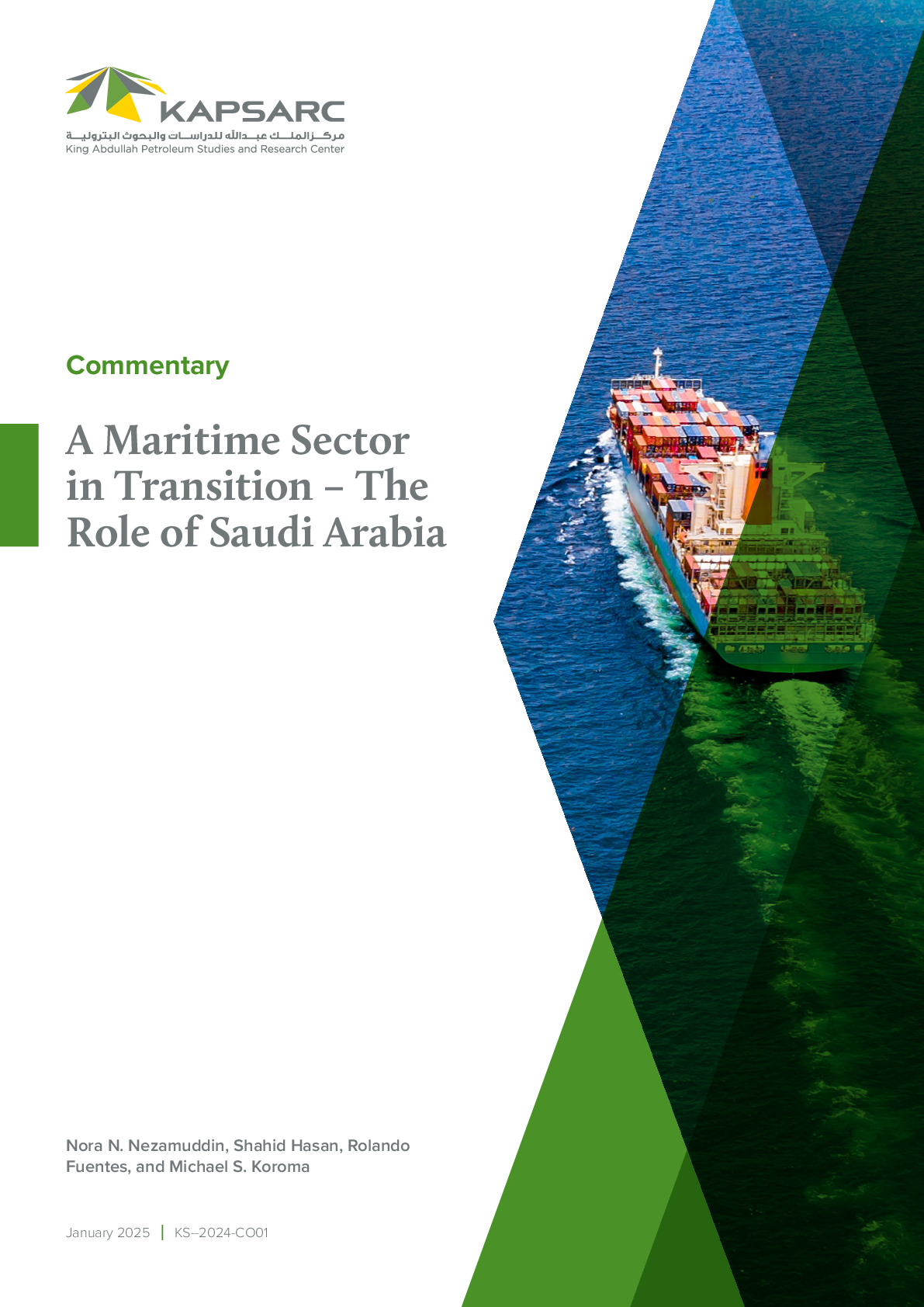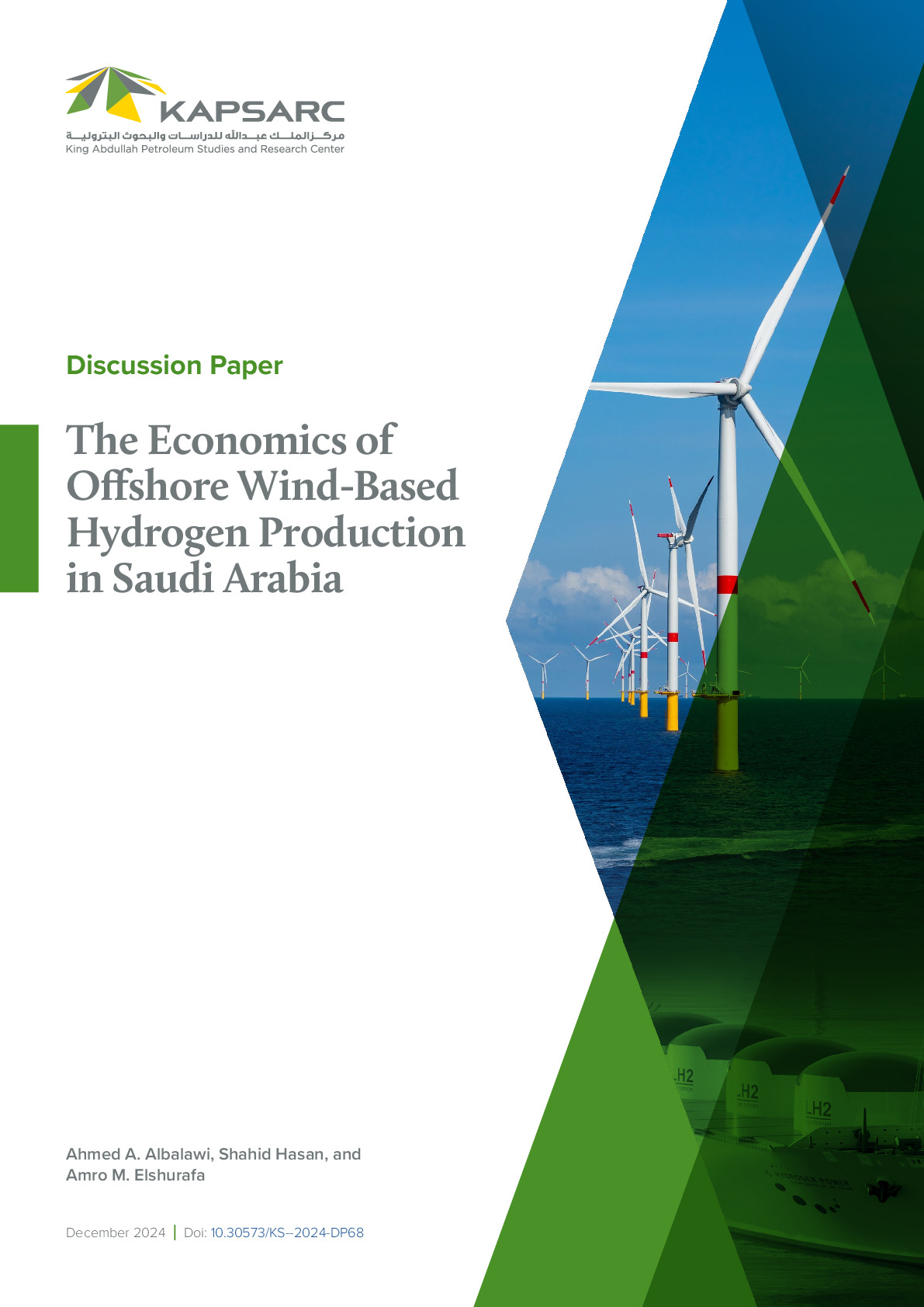In many parts of the world, summer and fall bring unpleasant climate events such as hurricanes, wildfires, floods, tornados, or thunderstorms that disturb energy systems, especially power grids. These events impact power demand and disturb the power sector’s supply. Electricity production can be affected by disruptions to fuel access and grid infrastructure. In particular, railways and barges are more susceptible to increased interruptions and delays during severe weather events. Renewable energy resources can be affected by changing precipitation patterns and rising temperatures. Likewise, high wind conditions can also knock down overhead transmission lines. Thus, power outages can lead to widespread power blackouts, potentially impacting thousands or millions of people across cities, regions, or countries. In some cases, utilities may be forced to implement intentional power outages to prevent power system components from being negatively affected by wildfires or other natural events.

Turki Alaqeel
Former Senior Research Associate
Turki Al-Aqeel was a Senior Research Associate at KAPSARC. He has also worked in many national and multinational firms in…
Turki Al-Aqeel was a Senior Research Associate at KAPSARC. He has also worked in many national and multinational firms in Saudi Arabia and the United States in policy-related research, economic and market analysis, and electric power systems. His professional experience includes ABB, Woodward, Colorado Concept Coatings, and the Advanced Power Engineering Laboratory. Al-Aqeel holds a Ph.D. in Electrical Engineering, master’s degree in Business Administration from Colorado State University, and Graduate Certificates in Power and Energy, and Finance. Al-Aqeel is a Senior Member of IEEE and a Certified Modular Advanced Control (MACH2) Engineer for Flexible AC Transmission Systems. He has published several journal articles and conference proceedings in peer-reviewed journals and events and is a reviewer in several journals and conferences and a member of local and international committees.



